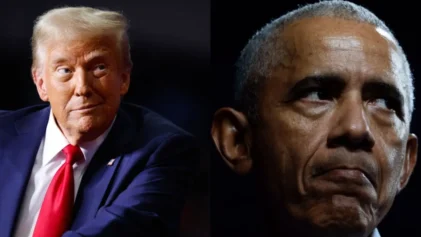In the final hours of negotiation, Washington’s lawmakers were able to come to an agreement to avert the “fiscal cliff.” However, the American people they represent seem largely unimpressed by the results of the bipartisan negotiations, according to recent political polls. A Gallup survey released on Friday showed that only 25 percent of Americans approved of the way congressional Republicans handled the situation, while Democrats only earned a 34 percent approval rating. Opinions on the agreement overall were heavily divided along party lines, with 66 percent of liberals approving of the deal and 62 percent of conservatives disapproving.
Party leaders on both sides received generally poor reviews as well, though President Barack Obama and Vice President Joe Biden received the highest individual approval ratings. Half of the people polled disapproved of House Speaker John Boehner’s performance during the negotiations. Boehner has been criticized by both Democrats and GOP members for his role in the talks. Shortly before the New Year’s Day deadline for an agreement, Boehner pulled the “Plan B” tax proposal that House Republicans had been developing, before it could come to a vote.
The failure of Plan B shifted the main task of negotiations to the Senate floor, where leaders Harry Reid and Mitch McConnell worked towards an agreement with Biden. Reid and McConnell had the lowest rates of approval, but also had the highest rates of “no opinion,” having failed to capture the same headlines as Boehner and the Obama administration.
A Pew Research Center poll revealed that despite the fiscal cliff pact, a majority of the people surveyed believe that the agreement will hurt people like themselves, and will cause further damage to the economy. The deal has been considered an overall win for Democrats, but the long-term outlook for the country’s budget is still grim. An assessment by the Congressional Budget Office recently predicted that the deal will increase the national deficit by almost $4 trillion over the next 10 years.


